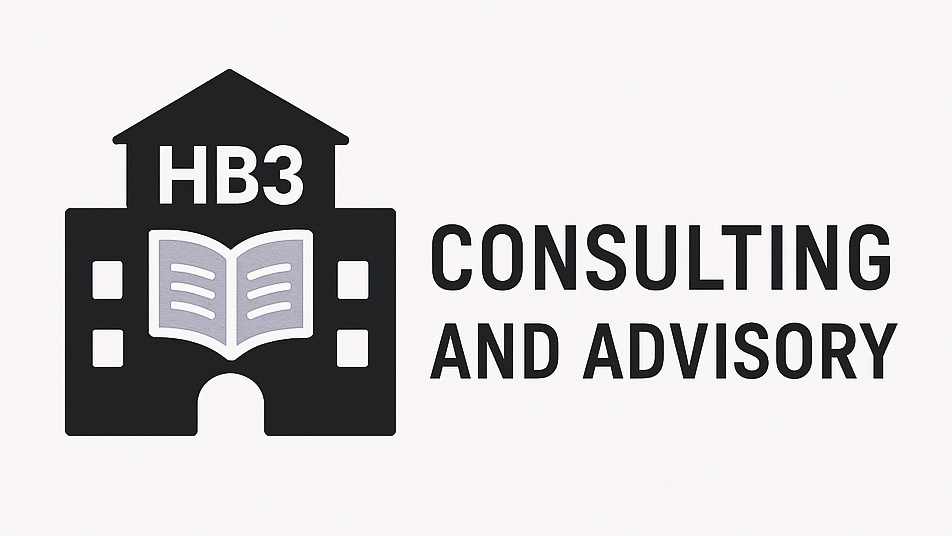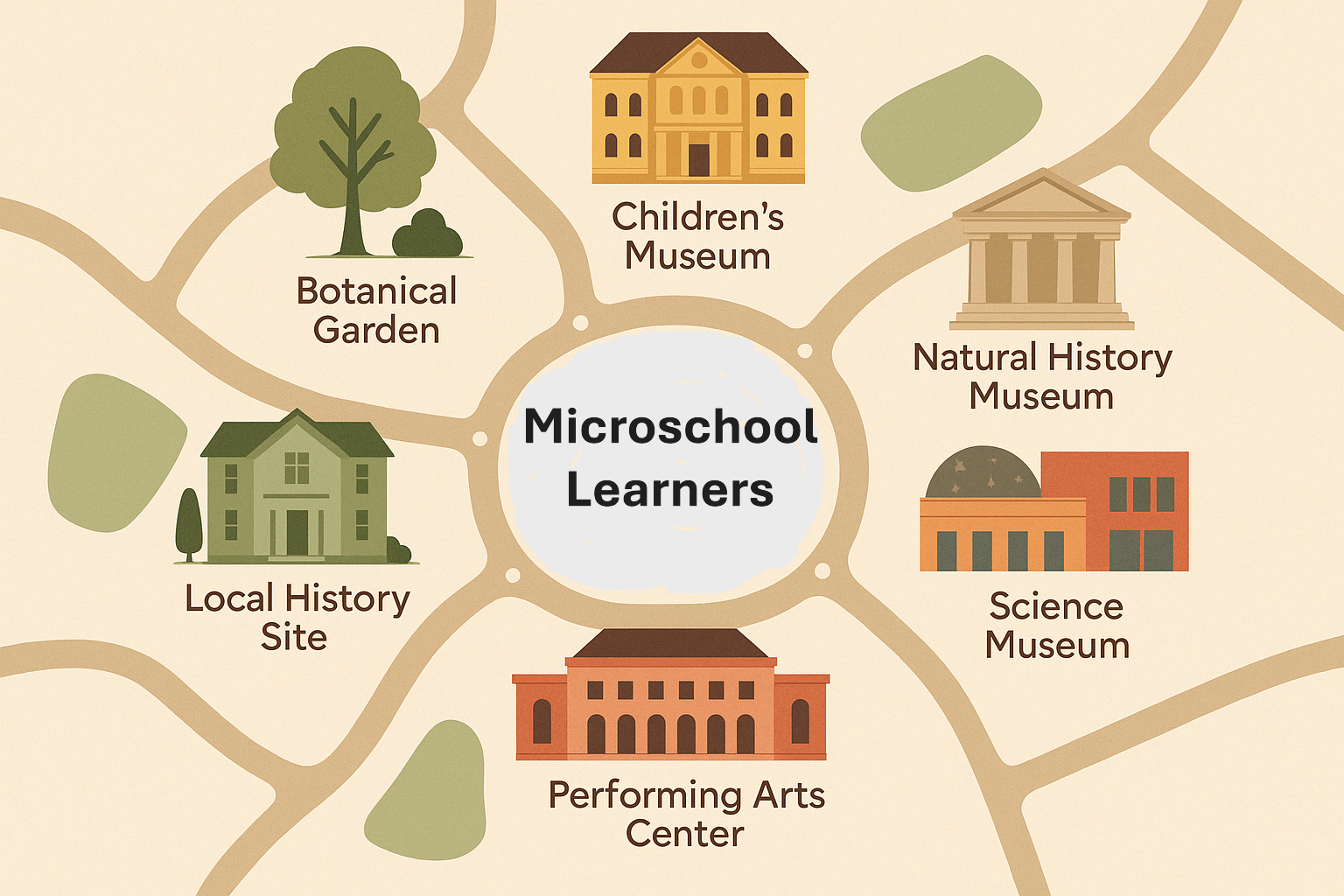The City as Classroom: A Curriculum Model for Experiential Learning
What if your curriculum didn’t start with a textbook, but with a map?
For microschool founders, charter school founders, and homeschool groups, the dream is clear: meaningful, hands-on learning that connects students with the world around them. But once the school doors open (or never existed to begin with), the challenge is equally clear: how do you design a program that’s rigorous and flexible, interdisciplinary and standards-aligned, student-centered and structured?
That’s where a well-crafted curriculum framework comes in, and it’s why I developed this 12-week community-based curriculum overview to serve as a practical launchpad for microschools, charter schools, and homeschool groups ready to embrace local learning.
The Problem with “Just Explore”
One of the greatest strengths of microschools is flexibility. Students aren’t confined to desks or bells, and educators have the autonomy to design meaningful, connected experiences. But too often, this leads to a vague idea of “exploration” without clear expectations or academic grounding.
Without intentional planning, free exploration can become unfocused. Without structured assessment, incredible learning goes undocumented and underappreciated by external stakeholders. Without thoughtful curriculum design, opportunities are lost.
A Community-Connected Solution
This 12-week curriculum framework uses a rotation model to guide students through learning experiences anchored in six community institutions:
Children’s Museum
Natural History Museum
Science Museum
Botanical Garden
Local History Site
Performing Arts Center
Rather than assigning two straight weeks to each site, students rotate regularly, ensuring recurring exposure to ideas while building interdisciplinary connections over time.
Each week focuses on a thematic lens (e.g., curiosity, systems, stories, resilience) that ties together learning across content areas and local institutions. Core subjects like English language arts, science, social studies, and fine / performing arts are woven into experiences that take place in the field and are deepened back in the classroom or learning space.
Highlights of the 12-Week Plan
Interdisciplinary Focus: Lessons bridge science, humanities, and the arts, modeled on sound educational theory.
Authentic Assessment: Built-in checkpoints for both formative feedback and summative documentation.
Portfolio-Driven: Students collect artifacts of learning and reflect on growth through structured portfolio reviews.
Rubric-Based Clarity: Expectations are transparent, for students, families, and educators alike.
Field-Embedded Learning: Local institutions become recurring classroom extensions, not one-time field trips.
Student Agency: Children are co-creators of learning, not passive recipients.
This framework was built not just to inspire, but to guide real implementation. You don’t need to re-invent the wheel. You need a map and a process. That’s what this curriculum overview offers.
Inspired by Dewey, Grounded in Practice
Educational philosopher John Dewey believed that experience was the foundation of education. Not experience for its own sake, but structured, reflective, purposeful experience.
This 12-week plan honors that idea. It invites learners to engage with their surroundings, curiously, critically, and creatively. It provides educators and facilitators with tools to shape those experiences into growth. And it respects the realities of microschools and homeschool communities that need to demonstrate learning to families, authorizers, or accreditation bodies.
Want to See the Overview?
If you're a microschool founder, a homeschool cooperative leader, or a cultural institution dreaming of deeper partnerships with schools, this overview was made for you.
Download the Curriculum Sampler here.
How HB3 Consulting Can Help
At HB3 Consulting and Advisory, I specialize in helping founders and educators bring their big ideas to life, through curriculum planning, assessment strategy, and organizational design.
Whether you're just starting to envision your microschool or preparing to launch this fall, I can help you:
Design interdisciplinary curriculum aligned to your school’s mission and state content standards (if desired)
Build portfolio-based and rubric-supported assessment systems
Plan meaningful partnerships with cultural institutions
Develop a strategy to make the model appealing the potential sponsors
Ensure your learning model is both joyful and credible
Let’s build something great, together.
If you’d like to discuss more details, contact me.

